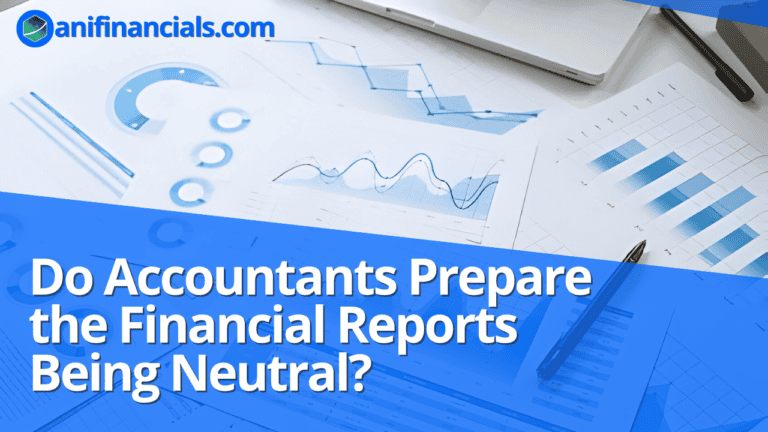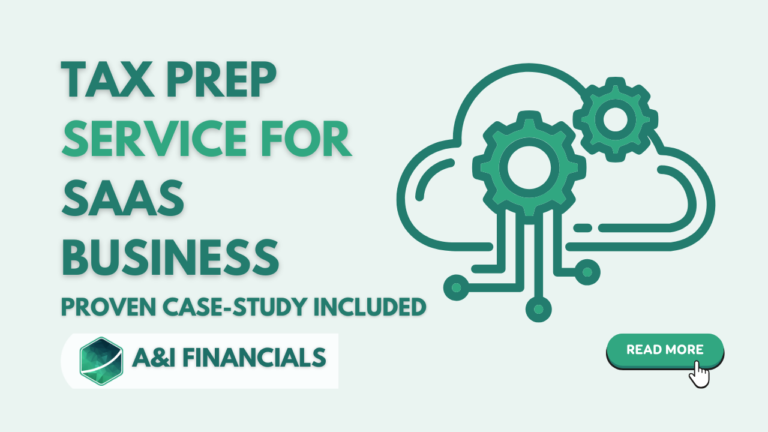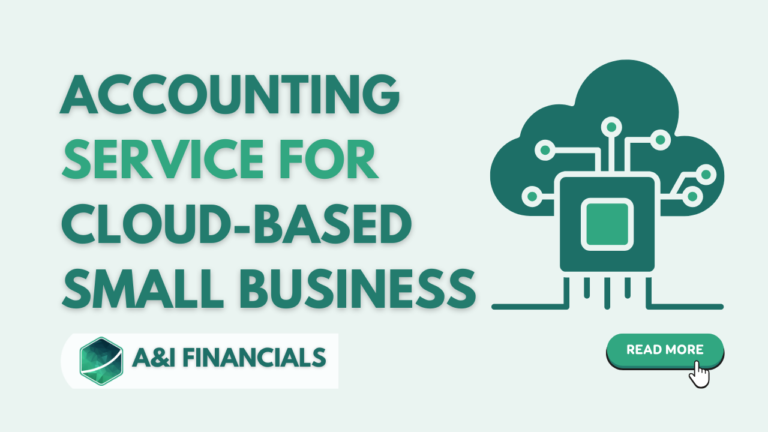How to Check if My Accountant is Filing My Taxes Correctly? Fraud?
Taxes. Just hearing the word can cause a headache. But having a good accountant should make it a breeze, right? Well, not always. Sometimes, you might wonder, how to check if my accountant is filing my taxes correctly? Let’s dive into how you can check if your accountant is doing things by the book. Spoiler: it involves a bit of your own detective work.
Know Your Accountant’s Credentials
First things first, know who you’re dealing with. Is your accountant a CPA (Certified Public Accountant) or an Enrolled Agent (EA)? These qualifications are key indicators of their expertise. CPAs and EAs have to pass rigorous exams and meet continuing education requirements. If your accountant holds one of these titles, it’s a good start.
Understand the Tax Filing Process
Understanding the process helps you follow along. Your accountant should explain their tax filing process to you. This includes gathering financial records, organizing documents, and preparing the tax return. Make sure you have a tax documents checklist and that your accountant ticks off each item. Knowing the steps can help you catch any missed steps or red flags.
What to Expect in the Process
- Document Collection: You provide all necessary tax documents.
- Preparation: The accountant prepares your tax return using tax preparation software.
- Review: They review the tax return with you.
- Filing: They file your return electronically (e-filing) or via mail.
- Follow-Up: They should follow up with you regarding any issues, refunds, or payments.
Communication is Key
Communication is vital. Your accountant should be responsive and keep you updated throughout the process. If you have to chase them down for updates, that’s a red flag. Regular communication helps ensure nothing falls through the cracks. Make sure they explain complex tax laws and regulations in a way you understand.
Double-Check Your Tax Return
Don’t just take their word for it—double-check your tax return. Here’s what to look for:
Key Areas to Review
- Personal Information: Ensure your social security number and identification number are correct.
- Income Reporting: Verify all sources of income are reported accurately.
- Deductions and Credits: Check that all applicable tax deductions and credits are claimed.
- Filing Status: Confirm your filing status is correct.
- Tax Calculations: Double-check the math and ensure no common tax filing mistakes.
Tools to Help
- Tax Return Preparation Checklist: Use this to make sure nothing is missed.
- Tax Return Review Process: Follow a structured review process with your accountant.
- Online Tax Resources: Leverage online tools and resources for additional guidance.
How to Know if My Tax Accountant is a Fraud?
Worried your tax accountant might be a fraud? There are some clear warning signs to watch out for. First, if they promise huge refunds that sound too good to be true, be cautious. Second, if they ask you to sign a blank tax return, that’s a major red flag. A legitimate accountant will never do this. Third, check their credentials. Make sure they are a Certified Public Accountant (CPA) or an Enrolled Agent (EA). Lastly, look at reviews and testimonials from other clients. If they have a history of complaints or legal issues, steer clear. Always trust your instincts and verify their legitimacy to protect yourself from fraud.
Use Technology
Many accountants use tax preparation software to streamline the process. This software reduces errors and helps track tax filing accuracy. Ensure your accountant uses reputable software and understand how it works. Ask them to show you the software’s features, like how it calculates taxes and tracks deductions.
Keep an Eye on Deadlines
Tax deadlines are crucial. Missing them can result in penalties. Make sure your accountant is aware of all relevant deadlines, and set reminders for yourself. If you need an extension, ensure they file it on time. Timely tax filing is essential for avoiding unnecessary stress and penalties.
Secure Your Data
Data security and privacy are paramount. Your accountant handles sensitive information like your social security number and financial records. Ensure they have robust security measures in place. Ask about their data protection policies and how they store your information. This is critical for preventing identity theft and ensuring your data’s safety.
Regularly Review Past Tax Returns
Reviewing past tax returns can reveal patterns or discrepancies. It’s a good practice to compare your current tax return with previous ones. Look for significant changes and discuss them with your accountant. Understanding past returns helps you identify discrepancies and ensure consistency.
Ask Questions
Don’t be afraid to ask questions. If something doesn’t make sense, ask for clarification. Your accountant should be willing to explain and address any concerns. Here are some questions to consider:
- How did you calculate this deduction?
- Why is this income reported differently than last year?
- Can you explain this tax credit?
- How do we verify these figures with the IRS?
Stay Informed About Tax Laws
Tax laws and regulations change frequently. Stay informed about the latest changes. This helps you understand what to expect and ensures your accountant is up to date. Subscribe to tax newsletters or follow reliable online tax resources.
Understand Your Rights
As a taxpayer, you have rights. Familiarize yourself with the IRS (Internal Revenue Service) Taxpayer Bill of Rights. This document outlines your rights and protections. Knowing your rights helps you navigate any issues that arise and ensures you’re treated fairly.
Monitor Tax Return Status
After filing, monitor the status of your tax return. The IRS provides tools to check the status of your federal tax return. Use these tools to ensure your return is processed correctly. If there are delays or issues, contact your accountant immediately.
Plan for the Future
Year-round tax planning strategies help you stay ahead. Work with your accountant to develop a plan for the upcoming year. This includes organizing financial records, identifying potential deductions, and setting aside money for taxes. Effective planning minimizes surprises and ensures smoother tax seasons.
Understand Tax Return Amendments
Mistakes happen. If you discover an error on your tax return, your accountant should handle tax return amendments. Make sure they explain the process and correct any mistakes promptly. Accurate tax returns are essential for avoiding audits and penalties.
Verify Your Accountant’s Reputation
Check your accountant’s reviews and testimonials. A good reputation is a strong indicator of reliability. Look for feedback from other clients about their experiences. Positive reviews often mention good communication, accuracy, and professionalism.
Audit Support
In case of an audit, your accountant should provide audit support. This includes helping you gather necessary documents and representing you during the audit. Make sure they have experience with audits and understand your rights and responsibilities.
Fees and Agreements
Clarify tax filing fees and client-accountant agreements upfront. Understand what services are included and any additional costs. A clear agreement helps prevent misunderstandings and ensures you know what to expect.
Trust Your Instincts
Finally, trust your instincts. If something feels off, don’t ignore it. Address your concerns with your accountant. If they dismiss your questions or refuse to explain, consider finding a new accountant. Your peace of mind is important, and you deserve an accountant who respects and addresses your concerns.
Practical Steps to Take
Step-by-Step Guide
- Verify Credentials: Check if your accountant is a CPA or EA.
- Understand the Process: Familiarize yourself with the tax filing process.
- Maintain Communication: Ensure regular updates and responsiveness.
- Double-Check Returns: Review your tax return for accuracy.
- Leverage Technology: Use tax preparation software and online resources.
- Monitor Deadlines: Keep track of all tax deadlines.
- Secure Data: Ensure your accountant has robust data security measures.
- Review Past Returns: Compare current and past returns for consistency.
- Ask Questions: Clarify any doubts or discrepancies.
- Stay Informed: Keep up with tax law changes and taxpayer rights.
- Monitor Status: Track your tax return status with the IRS.
- Plan Ahead: Develop a year-round tax planning strategy.
- Amend Returns: Correct any mistakes promptly.
- Check Reputation: Read reviews and testimonials.
- Ensure Audit Support: Confirm audit support availability.
- Clarify Fees: Understand all fees and agreements.
- Trust Instincts: Address any concerns with your accountant.
How Tax Accountants of A&I Financials File Taxes?
At A&I Financials, tax accountants follow a thorough and organized process to file taxes accurately. They begin by collecting all necessary financial records and documents from clients. Using top-notch tax preparation software like QuickBooks and Xero, they meticulously track income and expenses, manage accounts payable and receivable, and ensure bank reconciliations are precise.
Their process includes preparing detailed financial statements, handling tax support, and ensuring compliance with current tax laws. They maintain regular communication with clients, providing updates and addressing any concerns promptly to guarantee a smooth tax filing experience.
Conclusion
Checking if your accountant is filing your taxes correctly requires some effort on your part, but it’s well worth it. By following these steps on how to check if my accountant is filing my taxes correctly, you can ensure your taxes are handled accurately and efficiently. Remember, good communication, understanding the process, and staying informed are key to a smooth tax filing experience. Don’t hesitate to take control and make sure everything is done right. Your financial peace of mind depends on it.






